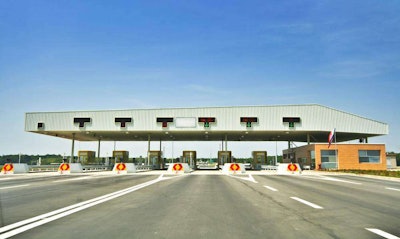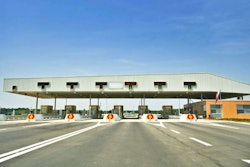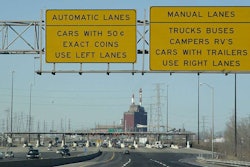
On June 2, Democrat Gov. Gina Raimondo announced Classes 6 and 7 trucks had been dropped from the RhodeWorks toll proposal introduced last week. Class 8 trucks and higher still would be charged under the 10-year plan, projected to generate an annual $100 million. A new addition to the plan is the stipulation that trucks be charged only once per location per day in each direction.
Truckers reportedly would pay $6 at each tolling location, totaling $40 to $50 to cross the island in one direction. Plan proponents have not indicated tolling locations.
Lawmakers refer to the toll as a user fee, which they say would be used to fix more than 150 structurally deficient bridges and make repairs to another 500. Electronic tolling would be implemented on bridges on Interstates 95, 195, 295 and 146 Routes 6 and 10.
Toll revenue would pay off a proposed $700 million revenue bond, which would be obtained to reconstruct bridges and prevent additional bridges from further deterioration. The legislature’s finance committees are examining the plan this week before incorporating it into the state budget next week.
Trucking has protested in force against RhodeWorks, noting that when other I-95 northeast corridor states toll, all vehicles are charged, not just truckers.
The Rhode Island Trucking Association and the Owner-Operator Independent Driver Association have contacted the Federal Highway Administration, questioning whether the proposed “user fee” would violate federal tolling laws.
The Rhode Island Center for Freedom & Prosperity agrees with RITA’s position that financial mismanagement has led to the state’s infrastructure issues and the cost of fixing it should not be shouldered by truckers.
The center, which describes itself as a nonpartisan public policy think tank, thinks the priority should be on essential repairs and upgrades instead of less-pressing mass transit projects.
Grow Smart Rhode Island supports RhodeWorks, but is concerned that it leaves the decision about bridges to toll solely in the hands of the state transportation director. The non-profit policy research and advocacy organization commended the plan’s investment in mass transit and enhancements for bike and pedestrian transportation.









